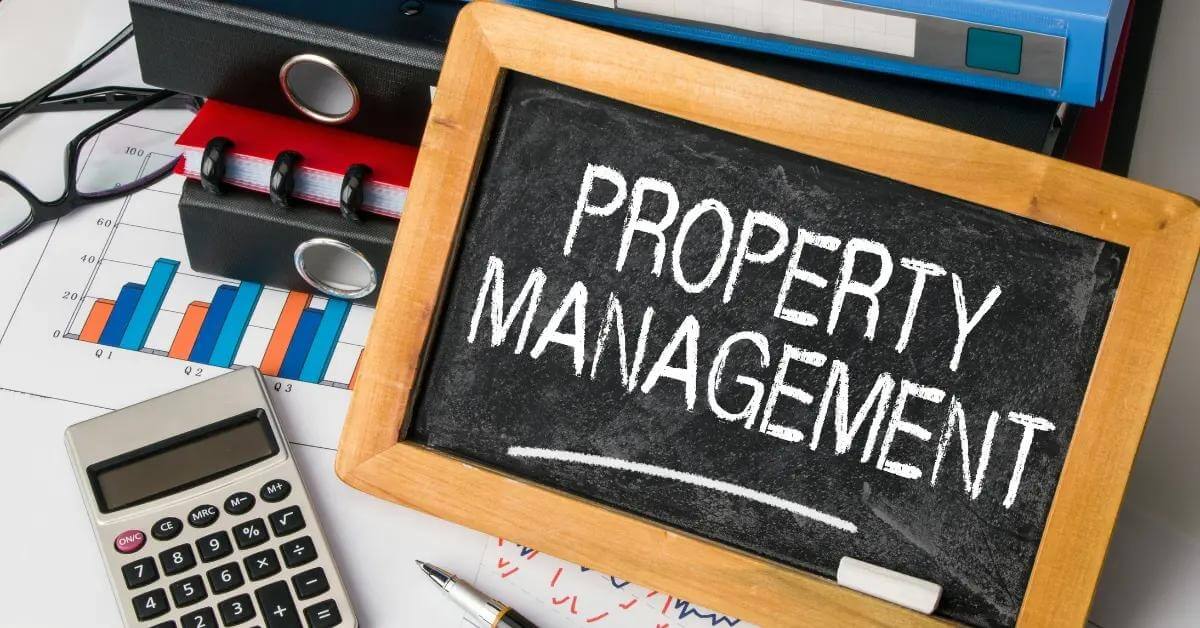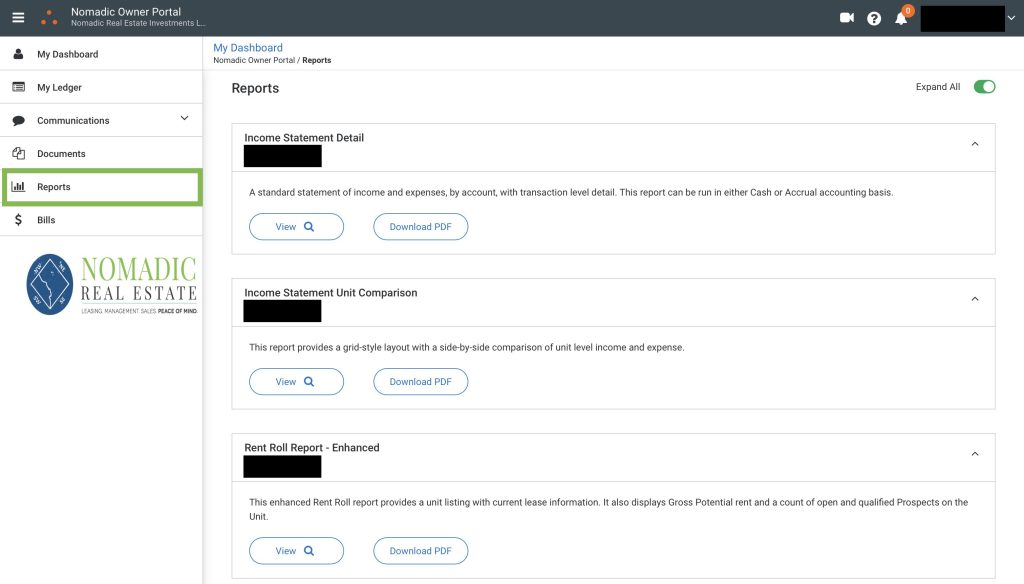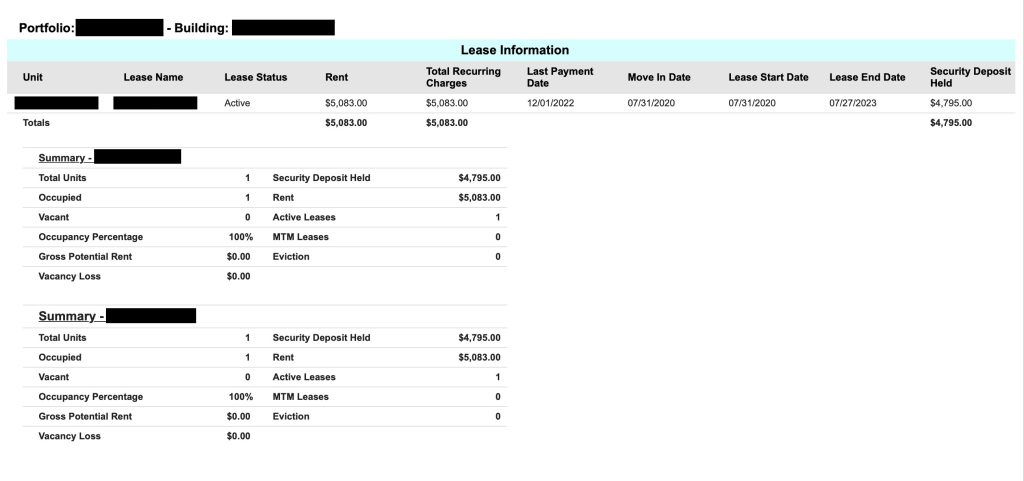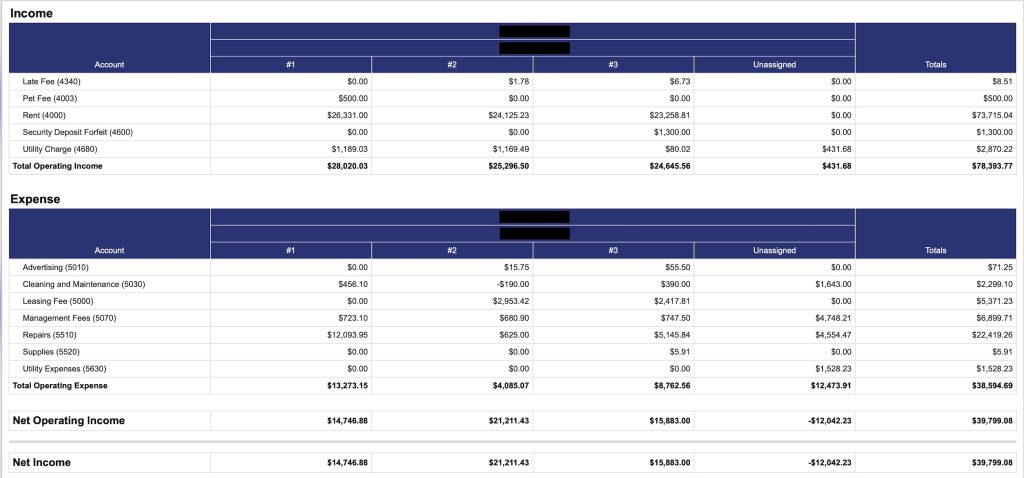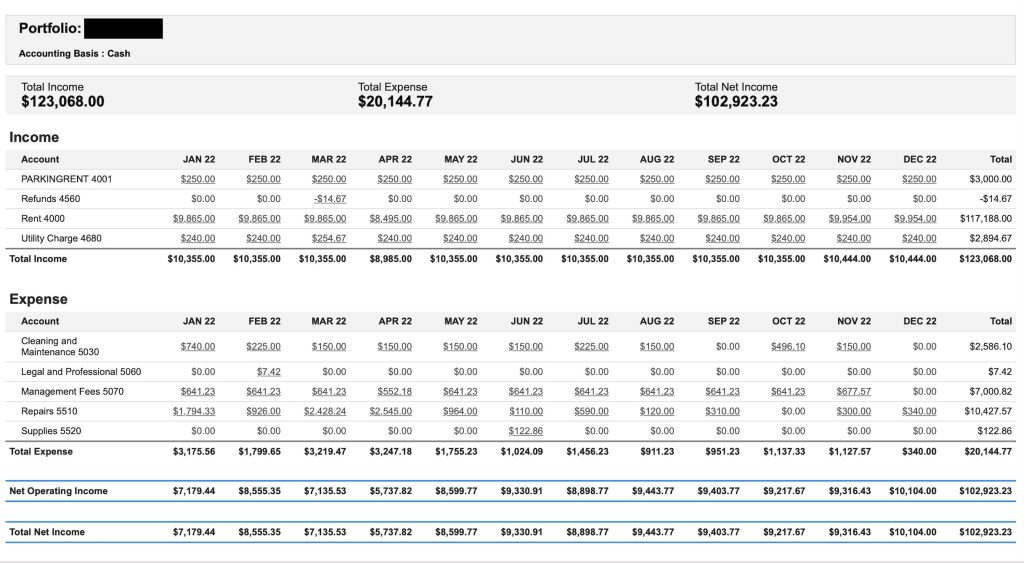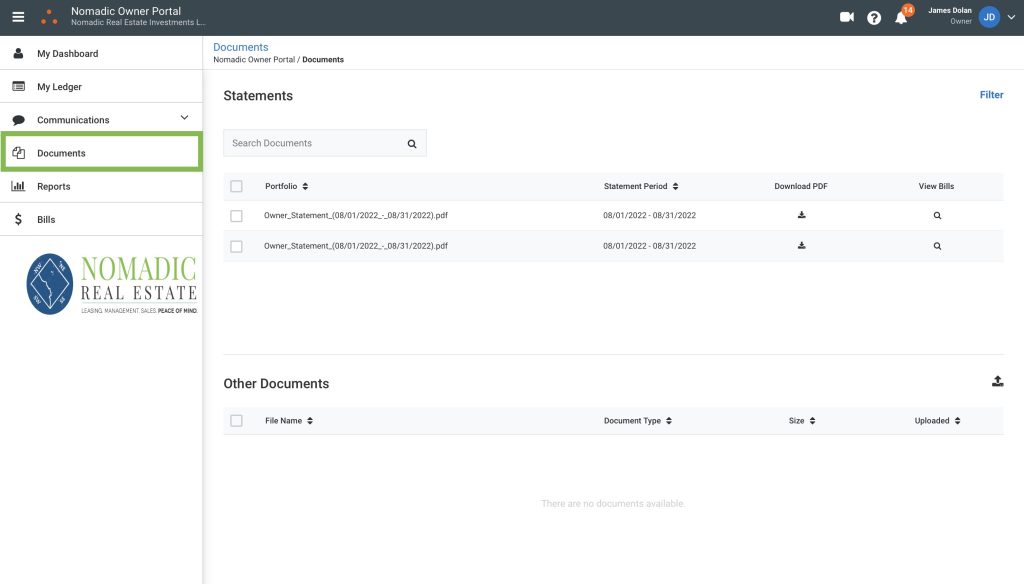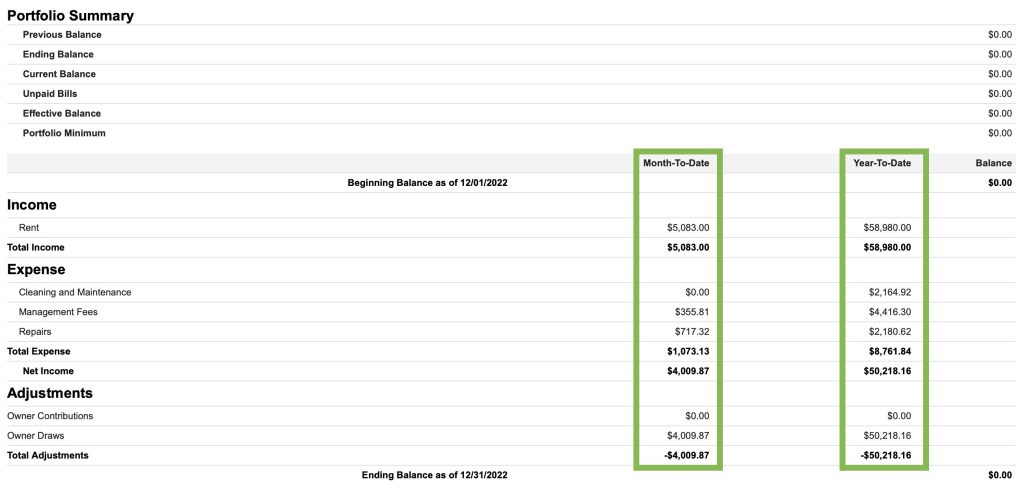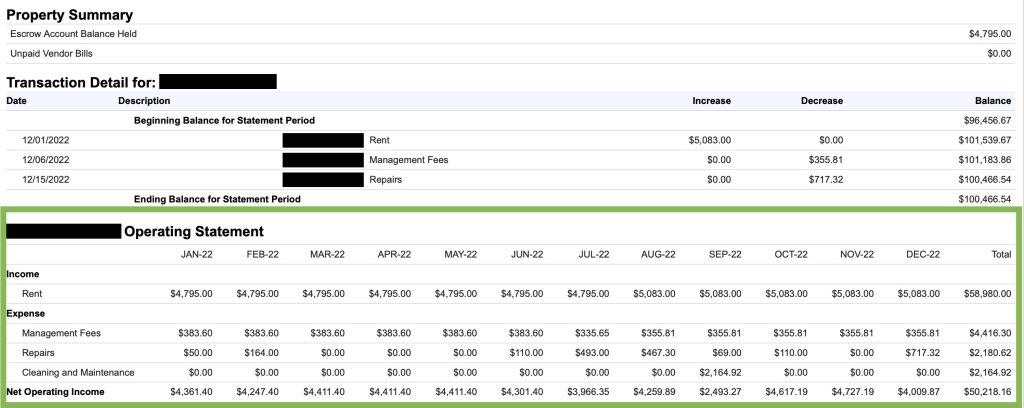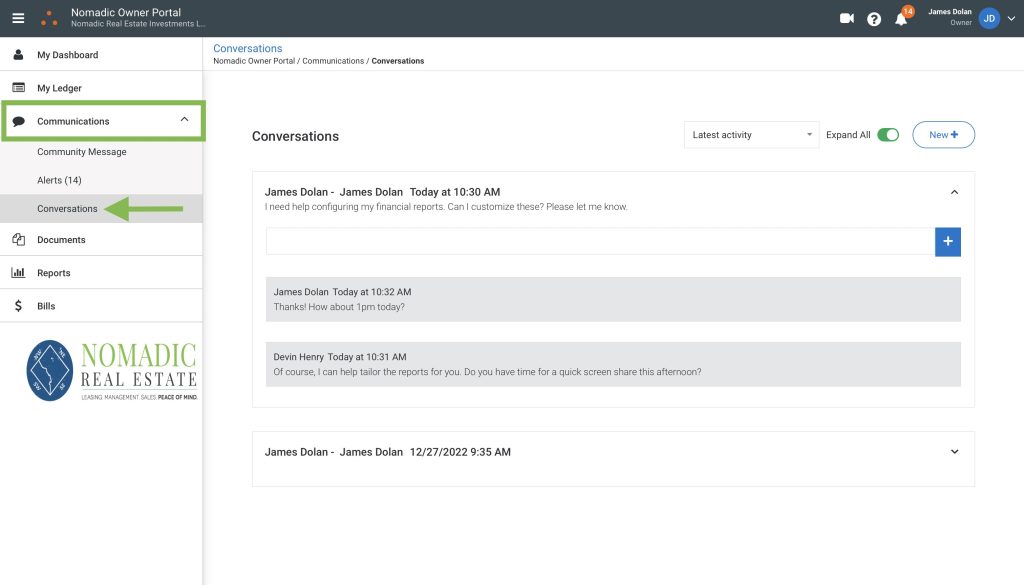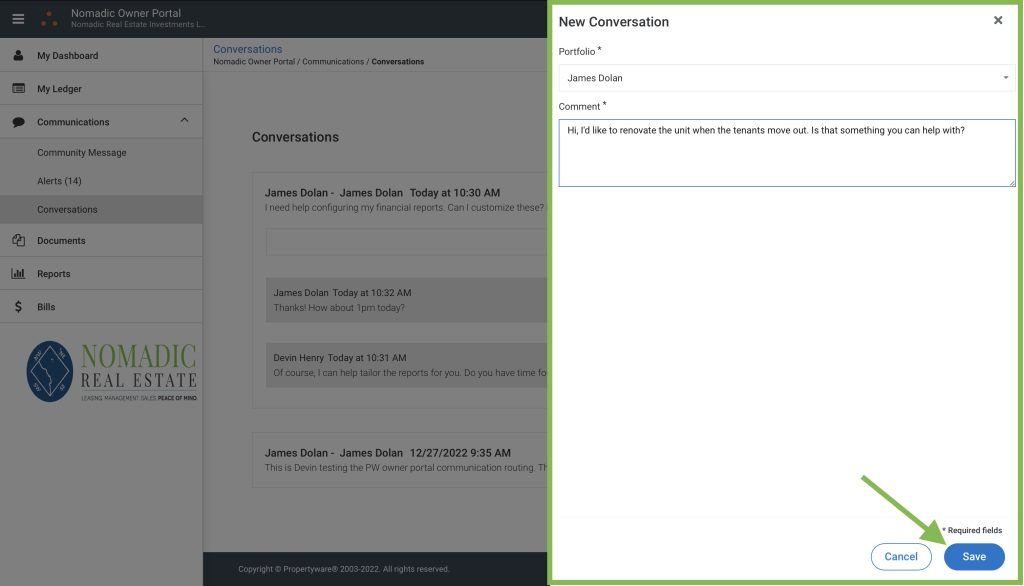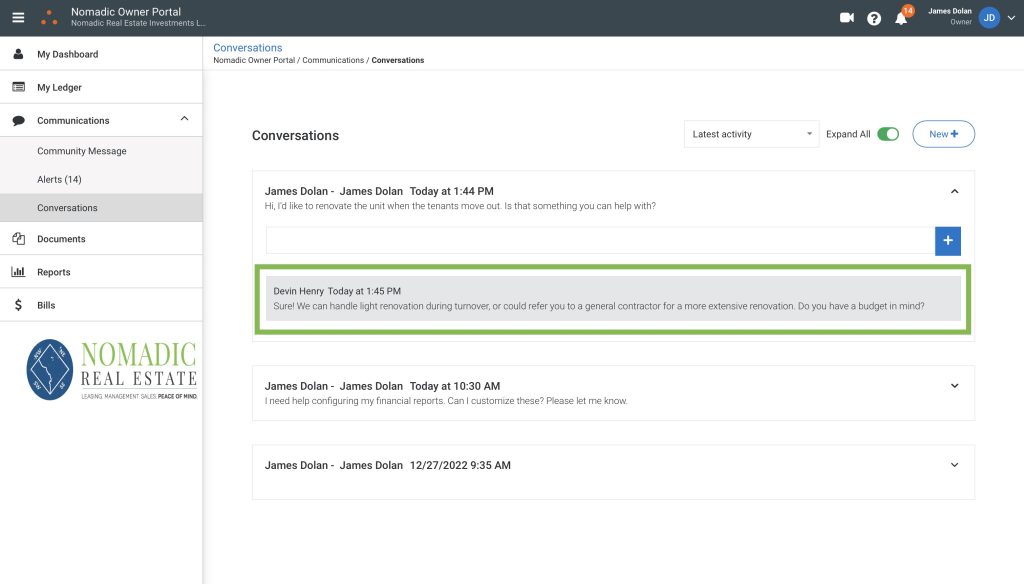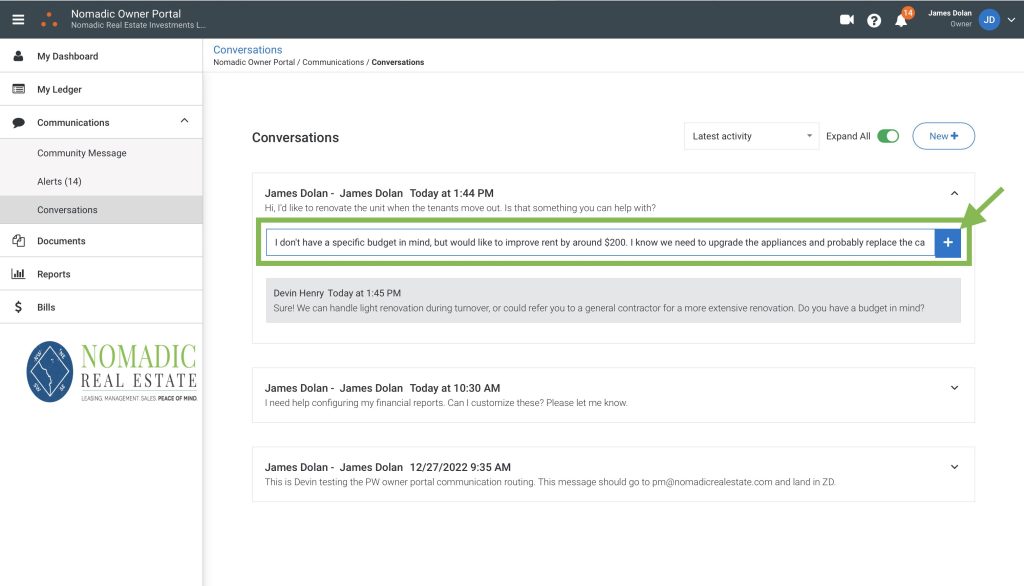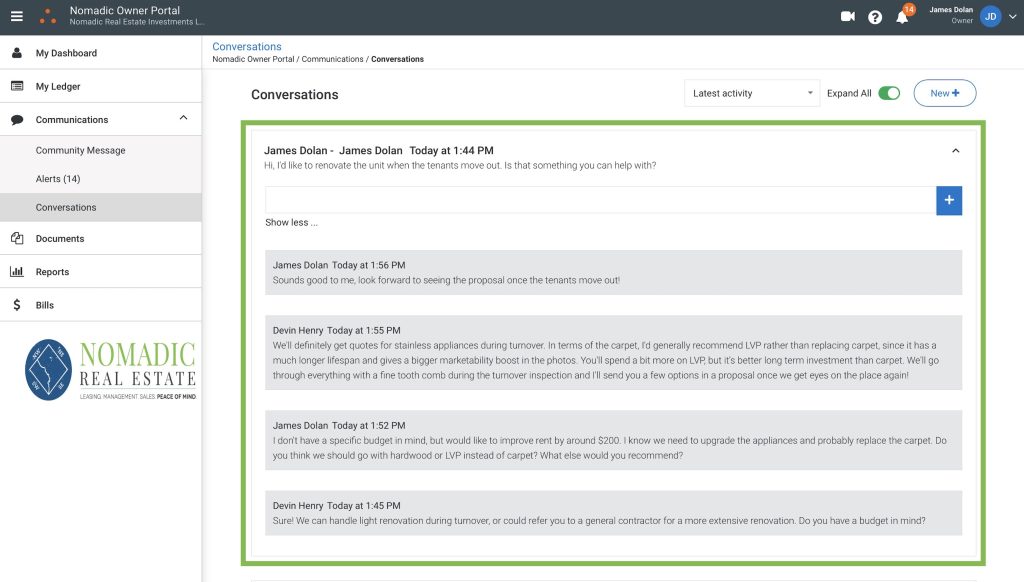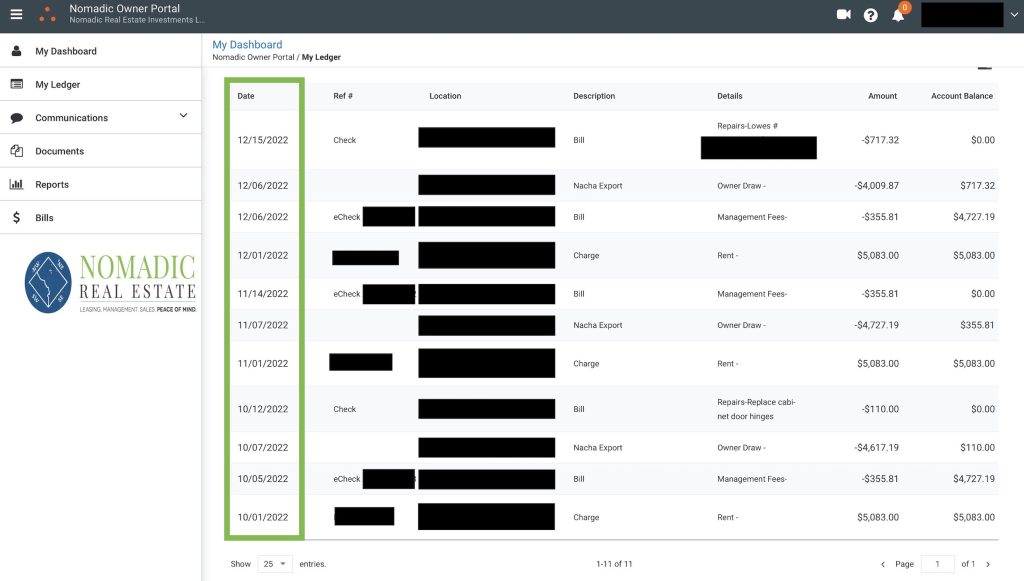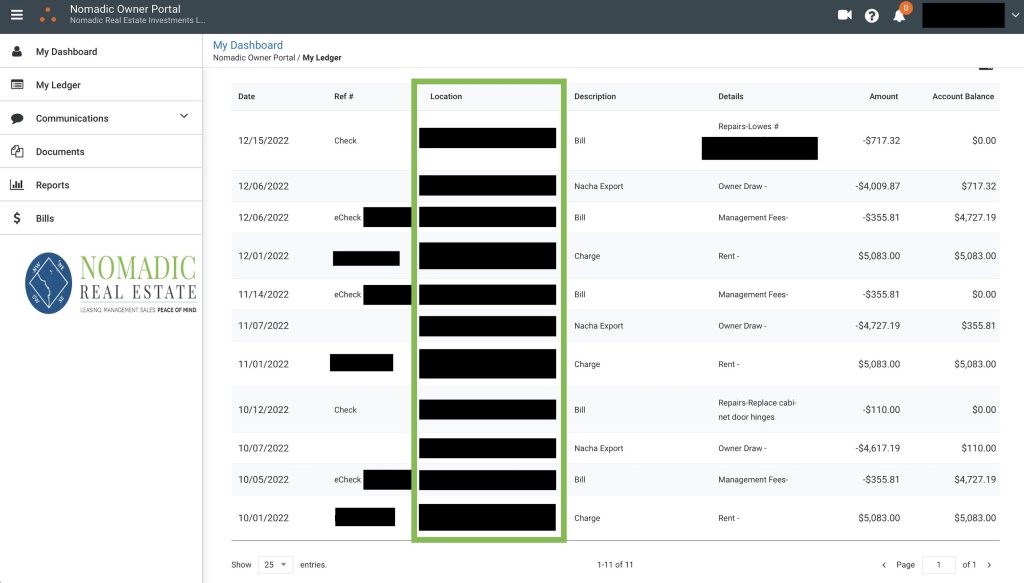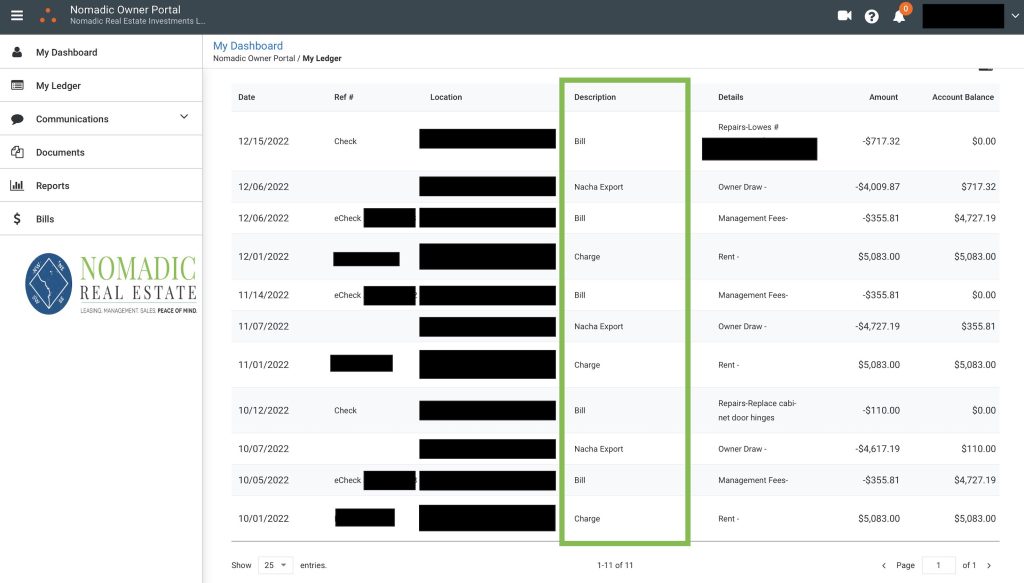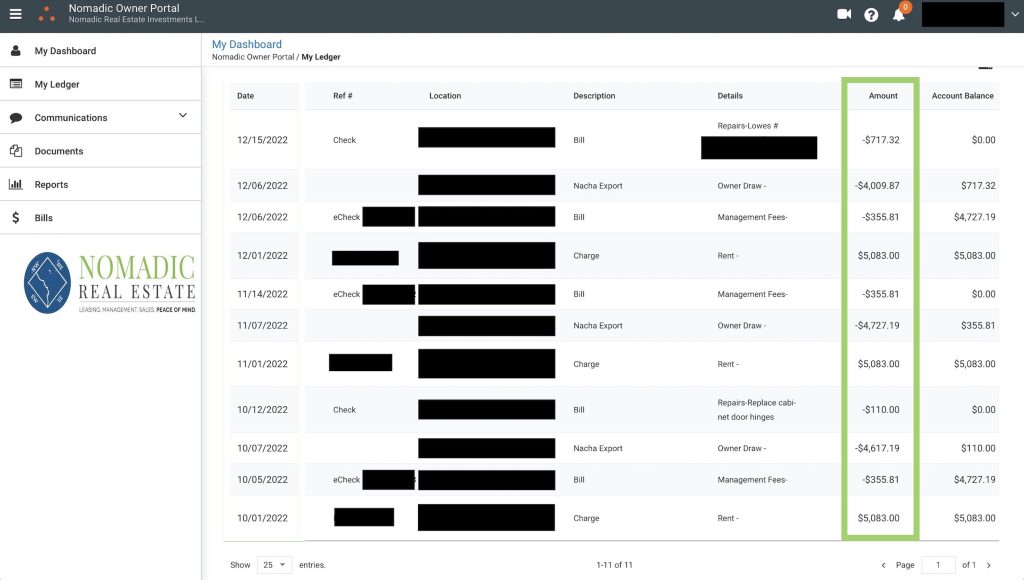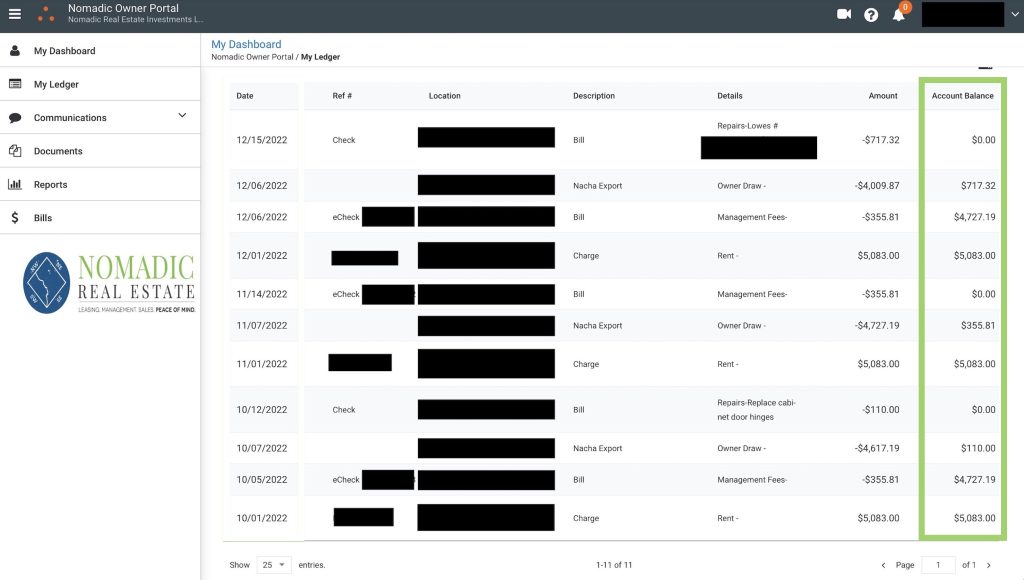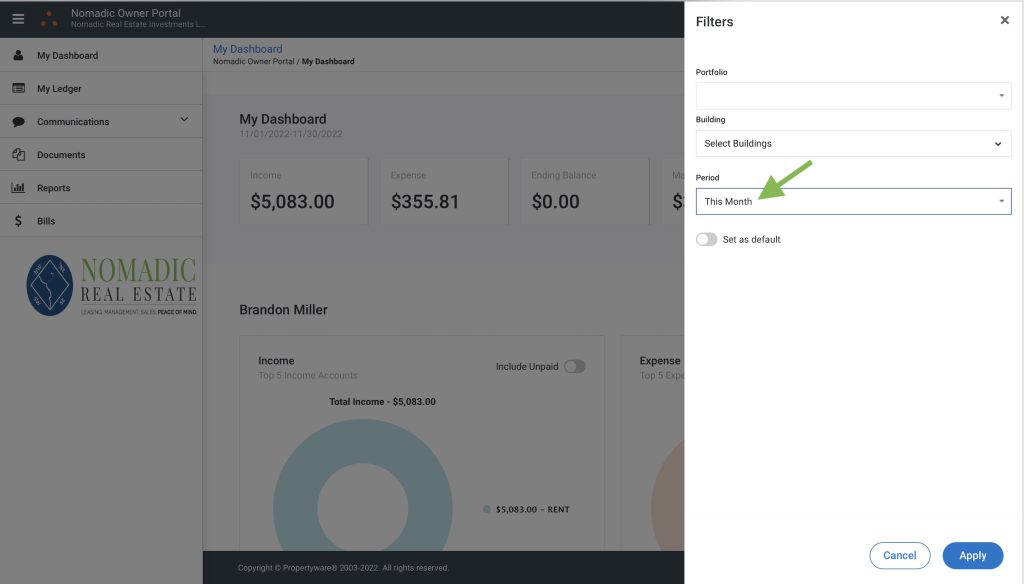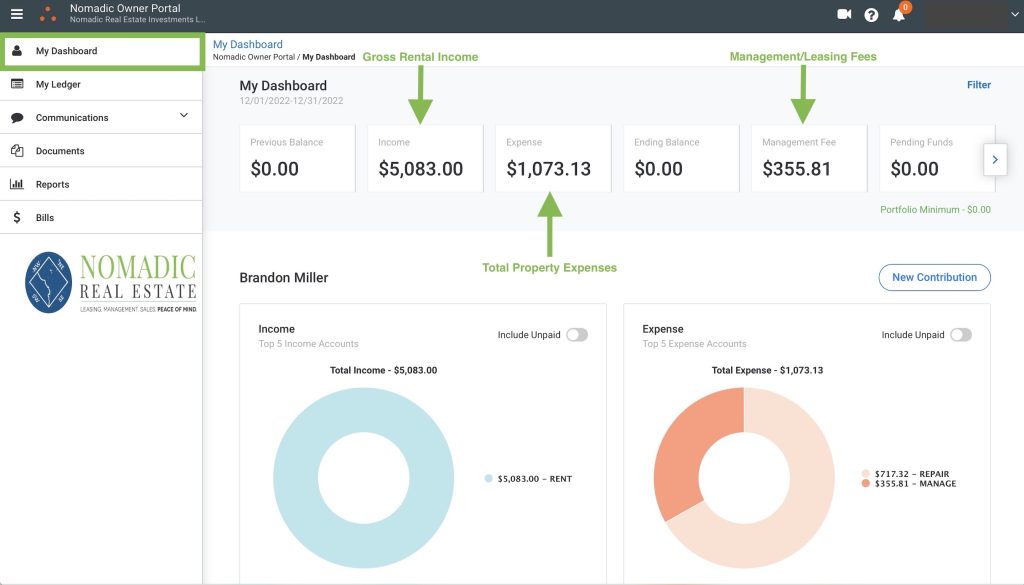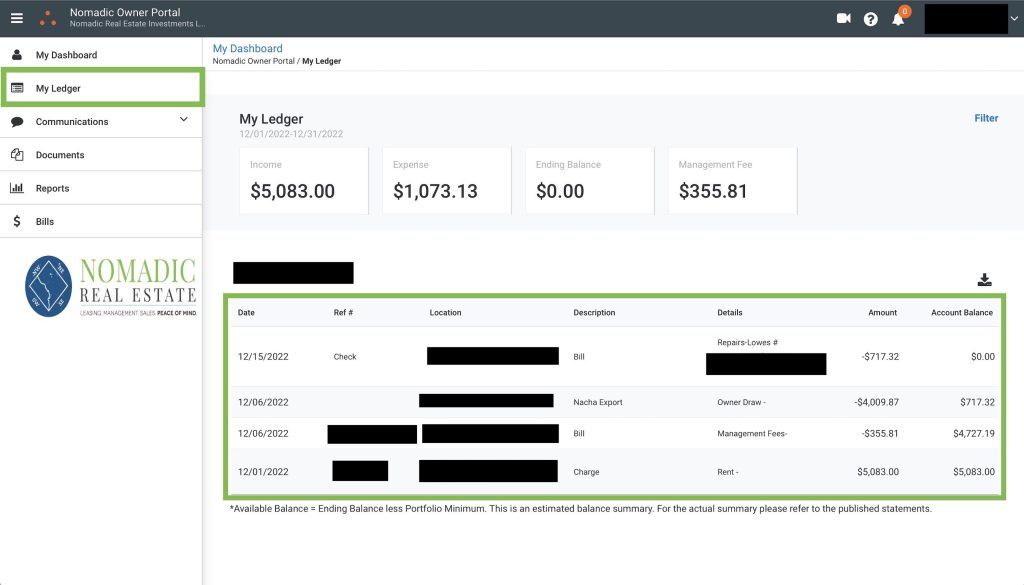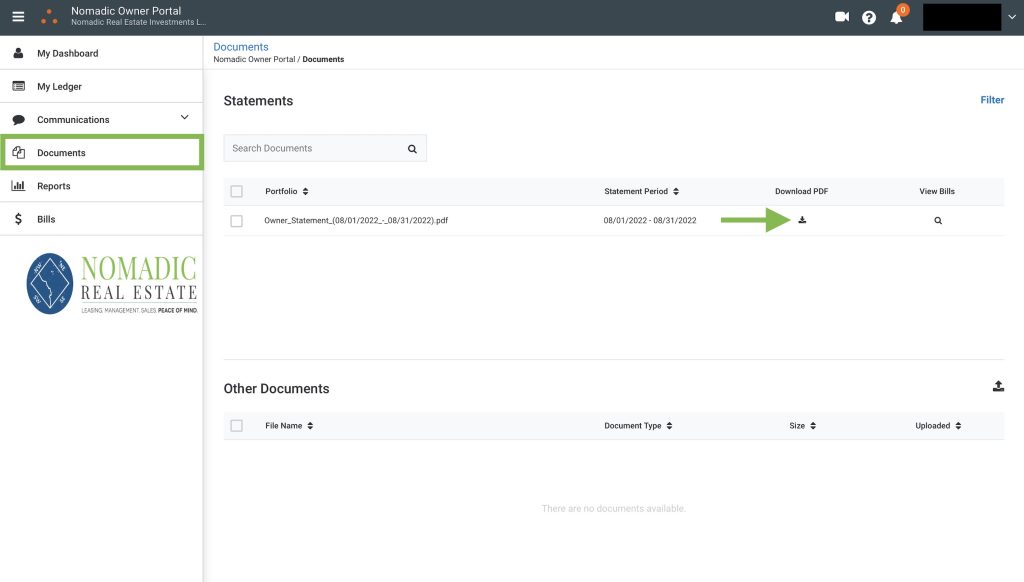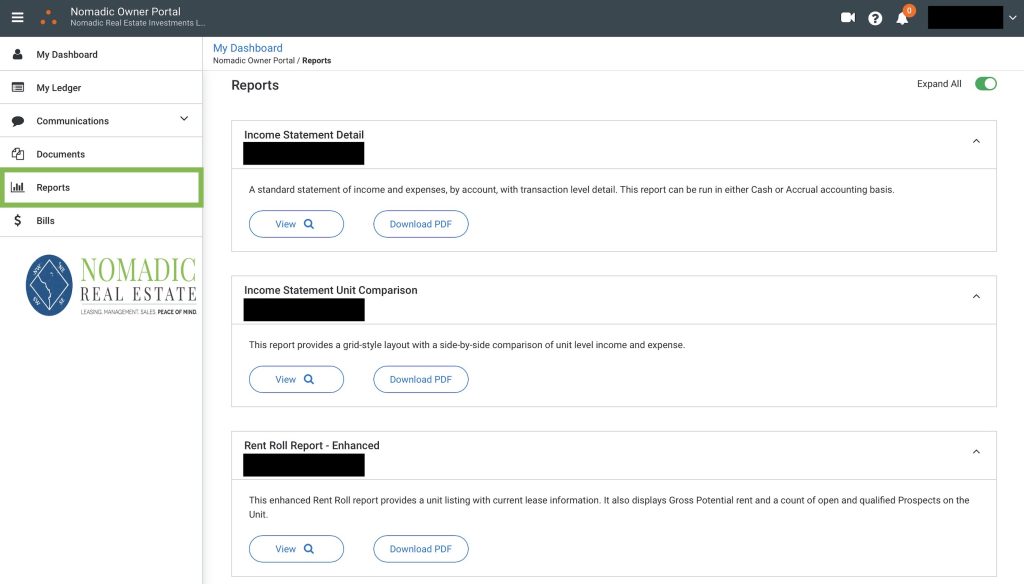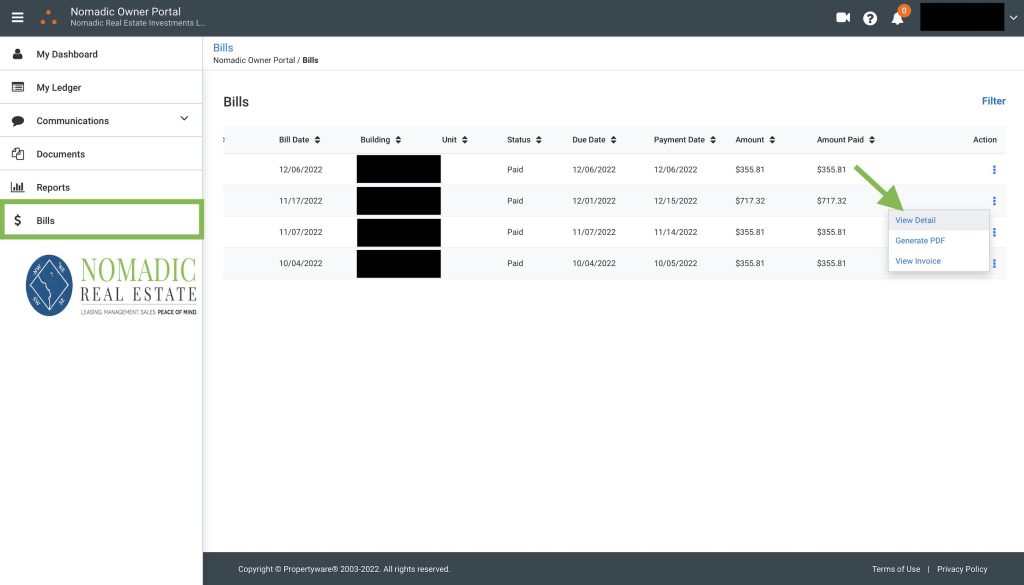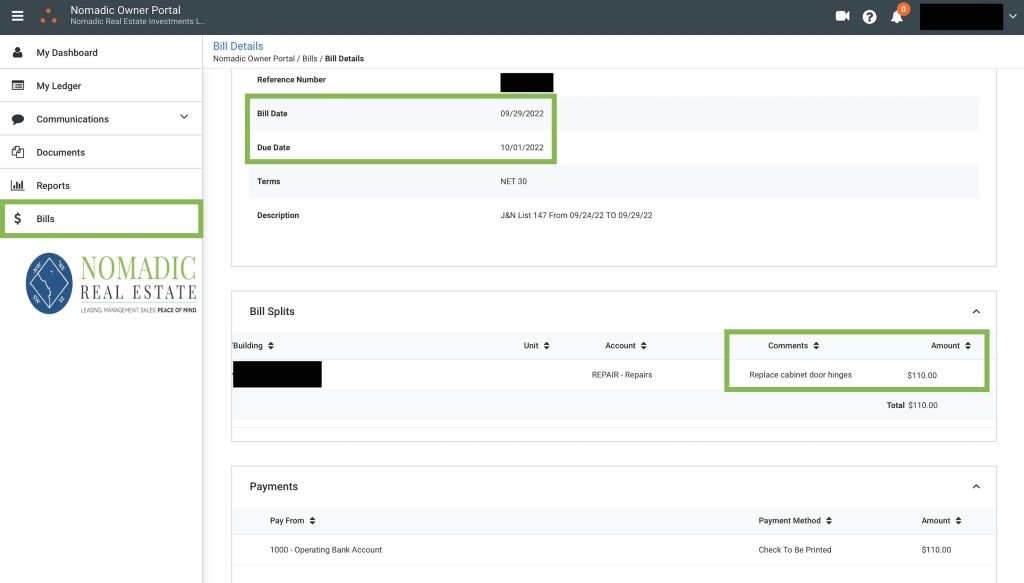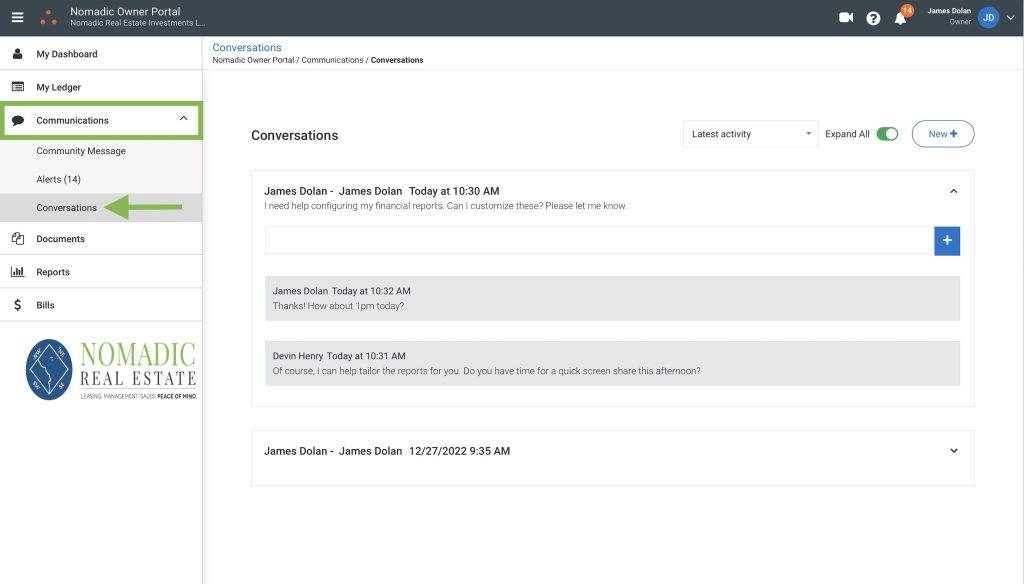Do you want to learn how you can succeed in the competitive rental market in Maryland and Virginia? If you want to go from surviving to thriving, you have to think about certain strategies.
It doesn’t matter if you know someone with dozens of successful rental properties or just one or two. There’s something that they all have in common.
Successful landlords are able to keep tenants in their properties. Tenant retention is absolutely crucial for anyone that’s renting property. If you want to handle property management the right way, it’s time to come up with your own tenant retention plan.
Don’t worry, you don’t have to be a real estate expert to know how to keep your tenants as repeat renters. We’re going to help you create a retention strategy on your own. Read on to learn why tenant retention matters and what steps you can take to make your own strategy.
3 Reasons Why Tenant Retention Matters
When it seems like there’s an endless amount of people looking for places to rent, retention may not seem like that big of a deal to some landlords. After all, if you can easily find someone else to move in why fight so hard to keep what you have?
The truth is that retaining tenants is something that nearly every successful property owner has in common. If you want to succeed in the rental world you’ll focus on keeping the tenants you already have.
Curious about why we think retention is so important? After we give you some reasons why your stance on the matter will completely change.
1. Vacancy Hurts Landlords
A high vacancy rate can cause a lot of problems for you. Property owners that have a vacant property may have to go a month or two without rent. That’s a serious dent in your cash flow and could make it more difficult to pay the mortgage if the rental isn’t paid off.
It’s also important to keep in mind that you may have to make some changes to attract new renters. Aside from having to deep clean your property, you may find yourself investing in new appliances, paint, and carpet.
Don’t forget about negotiating with actual tenants. If you’re in an area with a lot of other rentals, renters have more options. You may have to lower your rent to stay competitive or make other concessions.
It would be much easier for most property owners to keep the renters they have. This is why it’s important to think about how you can keep current renters happy and in your property.
2. Good Renters Are Always Worth It
A lot of people like to joke about dealing with difficult landlords. It’s rare to hear stories about difficult tenants, but it only takes one truly bad tenant to sour people on renting out property.
Every property owner should keep in mind that finding a new tenant doesn’t necessarily mean that you’ve found a good one. Someone with a good reference that passes a background check and provides proof of income may not be the best person to live in your property.
You could end up with a tenant that always pays their rent later or constantly comes up short. They may make changes to the property you don’t authorize or could even have unauthorized pets or even roommates.
A bad tenant doesn’t necessarily have to be someone that constantly breaks the rules either. Renting to someone that doesn’t care about maintaining the property or doesn’t alert you about serious problems isn’t someone you want there in the long term.
If you have a good relationship with your current renters you’re going to want to keep them around as long as possible. Focus on finding ways to keep them happy.
3. Your Reputation Follows You
A renter leaving every now and then isn’t strange. There are plenty of valid reasons why a tenant may choose to move that have nothing to do with you. The problem occurs when you keep losing tenants and struggle to keep new ones for long.
Could you stand to be a little more attentive when you’re dealing with maintenance issues? Have tenants complained about the state of the home and the quality of the appliances? Can you remember a few times you may have argued with a renter?
If people have bad experiences with you or your home others will find out. A landlord with a bad reputation will have a lot of trouble finding renters. In some extreme cases, they may even have to consider renting at a lower rate to attract new renters.
This is another big reason why keeping renters happy is important. If it becomes a reoccurring problem you’ll have more issues keeping your rental profitable.

Our Must-Follow Tips For Tenant Retention
A solid tenant retention plan is going to involve a mix of proactive strategies along with gathering information from your current tenants. We’re going to help you implement the right practices and ask the right questions to create a plan other landlords would be envious of.
If you’re ready to start taking renter retention seriously, consider following these important tips.
Understand the Local Market
Knowing the competition is absolutely critical to understanding how to keep your tenants happy. Take some time to research some of the other rentals in the immediate area so you can understand how you compare.
Don’t make the mistake of just focusing on prices. If you don’t understand the rationale behind the prices the numbers won’t be able to do you any good.
Learn about the amenities some properties offer. Look at listings and see if they offer things like wi-fi, new appliances, or garages to have a better understanding of how units are priced.
Once you’ve done your research, figure out the average cost of properties around you so you can see how you compare. You don’t have to have the exact same price as other rental properties around you. However, if you’re considerably more expensive than other nearby properties there should be a reason why.
Understand Your Renters
If someone were to ask you where your tenant works, would you be able to answer? Do you know what their children’s and pet’s names are? Could you name a hobby of theirs?
We’re not saying that you have to become best friends with your renters. In fact, some people feel strongly about renting to friends. However, knowing a few things about your renters can benefit both of you in the future.
Remembering some important information about your renters can show them that you care about them. That can make your relationship a little more friendly and may make them trust you more. They may not have an issue telling you that they’re having job trouble or that they’re concerned about something they’ve noticed in the house.
Don’t think that you have to remember all of these things on your own. Plenty of landlords keep basic files on the people they rent to so they’ll always know important information. If you don’t have this already, now is the perfect time to create it!
Think About Your Ideal Renter
Sometimes the best way to retain tenants is to find ones that already fit well into your property. Have you ever taken the time to think about the qualities you’d want to see in your next renter?
Having a renter that always pays on-time can be nice, but that doesn’t mean that they’re your ideal renter. If you want to know how to keep your tenants, you should think about what makes you want to keep them as tenants in the first place.
Aside from on-time payments, what traits do you think are the best to look for in potential renters?
Some people may prefer to avoid renters with young children or pets. Other landlords may want someone that can take care of themselves and won’t need to call them for a leaky faucet or an off-balance washing machine.
When you take the time to think about your ideal renter you can do more to try to find them during the renter search. Be sure to ask pointed questions about the traits that matter to you the most to see if they can fit your criteria.
Strategize Rent Changes
Incremental rent increases are important for success in the rental market. This helps you stay competitive in your local market and set expectations with your renters.
Don’t make the mistake of randomly raising your rent. Take time to do it each year and to determine a pricing ceiling to ensure that you don’t surprise your renters.
Keeping rent raises on a regular schedule helps ensure that renters will be prepared each time it happens. It also helps reassure them that you won’t decide to drastically raise the price.
Don’t forget to give your tenants options when you’re renewing rent. People that want a month to month lease may be willing to enjoy the privilege by paying extra rent. People that sign into two-year contracts may be able to pay a lower rate since you know they won’t end their lease early.

Ask What Renters Want
Sometimes the simplest way to get what you want is to just ask. If you want to know what will keep your renters on the track to renewal, consider asking them what matters to them the most when they chose rentals.
Set up a simple survey to send to your renters so you can find out what motivates them. Be sure to ask about things like certain amenities and pricing brackets matter the most to them.
Don’t be afraid to ask about what made them choose the area and property to begin with. This can give you invaluable insight into what makes your property appealing to others.
Be on Your Best Behavior
If you can’t say that you’re bringing your A-game when you’re managing property you can’t be surprised if tenants start to leave. Go the extra mile when you’re dealing with tenants to keep them coming back for me.
Respond to maintenance requests quickly and make sure that problems are truly fixed before you move on. Talk to renters about any questions they may have about rules or rental increases. Sometimes just showing that you care is enough to keep them happy.
Also, be sure to respect their privacy. Don’t drop in to do repairs or to discuss important issues. Always give them plenty of time to expect you and don’t head over until you’ve heard from them.
Beware of Bad Renters
Have you gotten a few complaints about noisy or dirty renters on your property? Has a renter that’s usually known for paying on time been falling behind on payments?
Either way you look at it, bad renters can cost you money. If they miss their rent you won’t be able to pay your bills. Also, if they continue to behave badly, some of your good tenants may end up leaving.
This is why it’s important for landlords to stay up to date on what’s going on with their properties and their rentals. If you let a problem go on for too long it gets harder to solve.
Do your part to document late payments and inappropriate behavior. Also, make it very clear that you won’t tolerate certain things from renters in the lease they sign. Doing all of this makes it much easier for you to make a case for eviction.
Become the Ultimate Landlord
Having a solid tenant retention strategy can set you on the right path to becoming a great landlord, but it isn’t the only thing you can do. The truth is that there are plenty of things you can do to become a stellar landlord.
Do you have a great place to list your vacant properties? Have you thought about using a property management company to handle day to day tasks? Do you want advice from an expert? Regardless of what you need, we’re here to help. Be sure to get in touch with us today so we can think about the best way to give you what you need to succeed.


